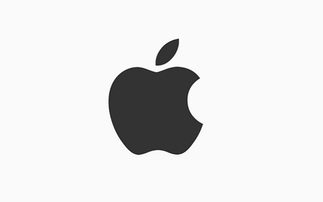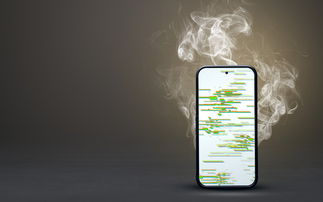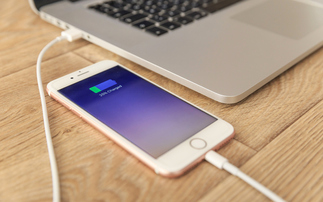Terrible designs, zero cool factor and more
CANADIAN PHONE MAKER BlackBerry is finally out of the smartphone market, sort of, after announcing last week that it will stop manufacturing its own devices and let third-party firms do the job instead.
The move was no surprise as BlackBerry's share of the smartphone market fell to as low as 0.3 per cent in recent months.
But few could have predicted such a dismal end to the firm's mobile story, given that it was selling 50 million phones a year as recently as 2011. Here, we put together some of the reasons why BlackBerry lost its way.
6. Slow to react to market changes
BlackBerry devices were top in their class for many years because they provided small Qwerty keyboards that made it easier to fire off emails and instant messages.
It's easy to forget, but touch screen phones were few and far between back then, and most people were far more comfortable using plastic keys and a little scroll ball.
However, eventually, led by Apple and Android devices (more on them later), smartphone users became comfortable with touchscreen devices and actually preferred them for the larger screens.
BlackBerry failed to notice the change. The firm stuck doggedly to the idea that fiddly plastic keys were not only desirable, but preferable to sleek, elegant devices, and that if it churned out enough they would still sell. This never happened.
The company did try to turn the corner with BlackBerry 10 that allowed it to create full touchscreen devices with a more modern look and feel, but by then it was too late.
What's more, the app economy had exploded around iOS and Android so that, even those who did want a BlackBerry device were left without the core services they needed.
Perhaps if BlackBerry had made beautiful, elegant phones it could have clawed something back and regrown but, as we shall see, it most definitely did not.






















